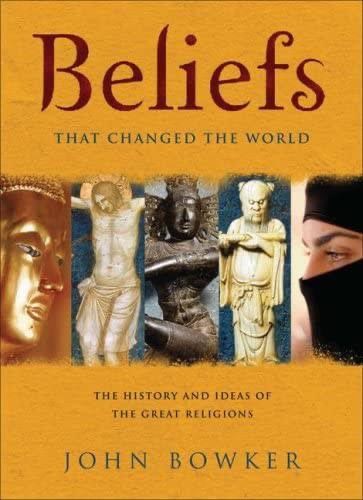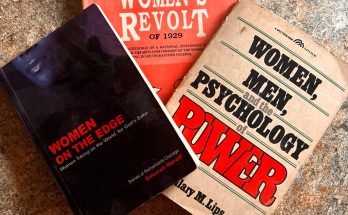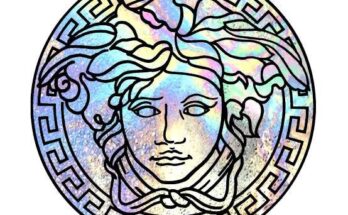INTRODUCTION
Systems of belief can be extremely powerful and dangerous. Living at the beginning of the 21st century, with the realities of terrorism all around us, it is not difficult to see how true that is. Some of those systems are secular and are often fairly recent ideologies – like communism. Others are religious and are the latest moment in what may be extremely long and ancient histories.
Why are they so dangerous? Almost all the tough and long-running conflicts in the world involve these systems of belief: examples of the secular are North Korea and its pursuit of nuclear weapons, or the tension between China and Taiwan; examples of the religious are Jews and Muslims in Israel and Palestine, Buddhists and Tamils in Sri Lanka, Hindus and Muslims in Kashmir.
Often, of course, the secular and the religious are mixed up together, as in the conflicts in Iraq and Afghanistan, or between China and Tibet, or between Greeks and Turks in Cyprus. Politics, economics and religion are a volatile mix, and they are beliefs that are certainly changing the world in dangerous ways.
But it is not all bad news. Religious beliefs have changed the world dramatically in the creation of so much that we admire and treasure and enjoy. Religious beliefs have brought into being much of the world’s enduring art, dance, drama, music, architecture and literature.
Even the natural sciences came from the context of religious beliefs. It is only very recently, in the last 200 or 300 years, that science and religion have separated, with science becoming an independent belief system.
One of the reasons why religious beliefs have brought into being so much of the world’s enduring treasure is that they are also a record and consequence of the most astonishing discoveries of all: the discovery of what humans can be at their best when they extend their humanity through meditation and enlightenment, and through the love of God and of their neighbours as themselves. These are discoveries at least as important as those of science and technology, some would say even more so.
All this helps to explain why some people in all religions also display what humans can be at their worst. Their beliefs are so important that they defend them or impose them on others with violence and aggression – often in ways that are actually forbidden by the religions they seek to defend or extend.
Sometimes the claim is made that it is not religion which creates such havoc and evil in the world, it is the misuse or abuse of religion that does the damage. Sadly, that is too naive.
There are specific religious beliefs which actually encourage, or even demand, behaviours that can only be described from outside the system as evil. Sometimes believers have ascribed to God a character and the behaviours that go with it which, if they appeared on earth, would lead to instant arrest.
Those beliefs and behaviours have been challenged and changed during the course of the history of religions, but some nevertheless persist. A massive issue facing each religion – or, for that matter, facing any realistic attempt to recover a United Nations in terms of its original charter – is how to deal with the betrayal of its beliefs as, for example, by extremists who are tempted into terrorism.
Jihad, to give an example, is a fundamental and important belief in Islam, but the limits on it are very carefully laid down: to turn it into an indiscriminate attack on women, children and the innocent is absolutely forbidden in Islam. But how can the Muslim protest, let alone the protest of others, be made effectively?
BELIEFS AROUND THE WORLD
Beliefs that changed the world, and continue to do so, are not confined to the religions whose histories we can trace. They belong also to religions which have not left the kind of records that enable history to be written.
The religions of the Pacific Islands, of the Australian aborigines, of Africa, or of the North American Indians, to give only obvious examples, have accounts of their own past, but not of a kind that are extensively accessible to historians.
Nevertheless, many of their beliefs have become so well-known that they have changed our understanding of ourselves and of our world – so much so, that some of the words describing them have passed into everyday language – as in the following examples.
- Totem. In popular understanding, the totem has become something of importance especially to a group of people, or for individuals almost a charm. In fact, a totem is something that helps people to organize themselves and to live with each other. The belief in totems is found all around the world, although the word itself comes from the Ojibwa, a tribe of the Algonquin of North America. Their word ototeman means a close blood relative’ and, therefore, forbidden in marriage. Thus a totem came to be regarded as the mark of the family to which a person belongs. In that way, the totem functions like the badge or favour of a football supporter: it indicates which team a person supports or, in the case of a family, to which family group or clan a person belongs. Often the clan will take the totem animal’s name and will regard the totem animal as its ancestor. Usually, they will not eat or kill the animal. The words ‘usually’ or ‘often’ are necessary because the beliefs associated with totemism vary tremendously around the world. But what is common to most of them is that the totem marks the boundaries of the group and shows what behaviour is allowed or forbidden. Totem came therefore to be closely linked with taboo.
- Taboo, also spelled tabu, or tapu. Popularly, a taboo is something absolutely forbidden, a definite ‘no-no’. The word itself is Polynesian, and it refers to a power in relation to particular people, places or objects. It may be positive, but if it is negative it marks them off as dangerous, so that the crossing of the boundary surrounding them will lead to a bad or even disastrous outcome. Sigmund Freud, whose views on religion have turned out to be almost entirely false, linked totem and taboo together in his book of that name (1913) by suggesting that they represent that which is much desired but totally forbidden – as, for example, incest.
- Voodoo, also spelled vodou or voudou, has come to mean any kind of dangerous black magic. It comes from the Fon language of Benin in Africa, vodu, ‘deity’, and is the name given to the folk religion of Haiti. Although it was suppressed when it was taken by African slaves to the Caribbean and America, it has become an indigenous religion in which elements of African religion and Roman Catholic Christianity have been merged.
It includes beliefs in zombies. - Zombies. The word is now used of people half asleep when they ought to be alert and active, but a zombie is either a disembodied soul used in magic, or a corpse that has been raised from the grave in order to work as a labourer.
These and other beliefs may appear in the religions dealt with in this book. Some, like belief in shamans and witches, are so extensive that they are in effect world religions. Space alone, quite apart from the relative absence of historical sources, means that they cannot be included in this book.




